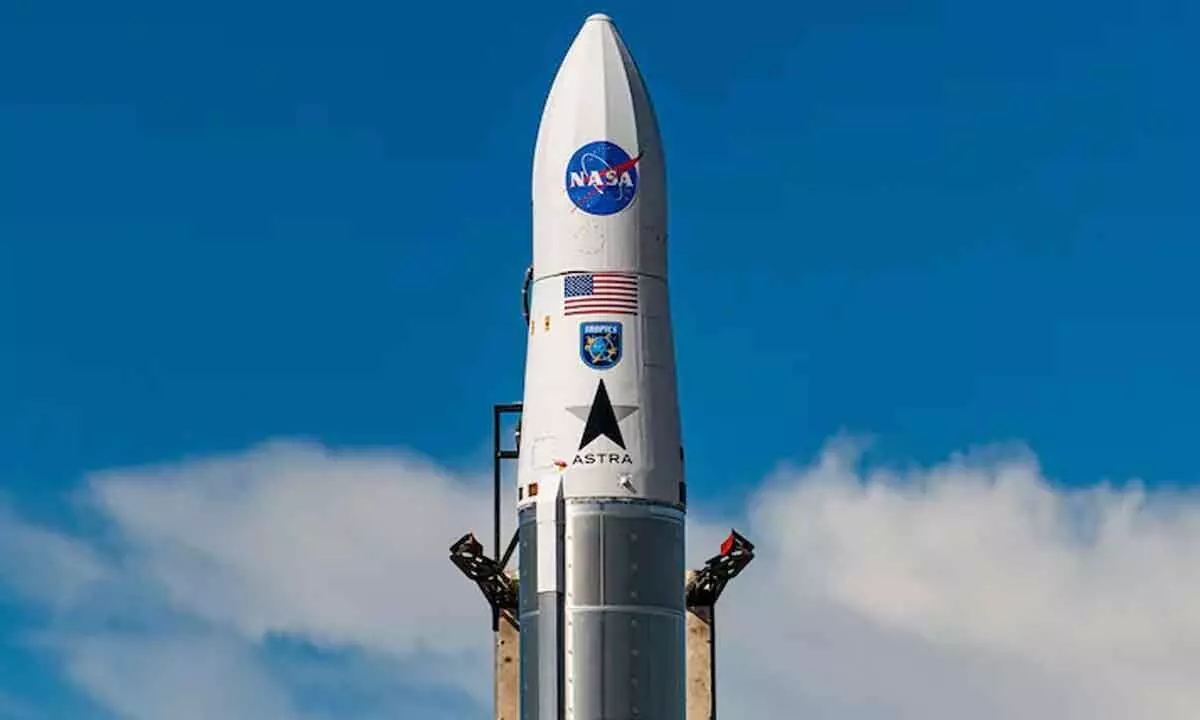Astra rocket launch failure: 2 NASA weather satellites lost

Representative image
Two NASA satellites aimed to study the formation and development of tropical cyclones almost every hour were lost during launch aboard an Astra rocket that suffered major failure shortly after liftoff.
Two NASA satellites aimed to study the formation and development of tropical cyclones almost every hour were lost during launch aboard an Astra rocket that suffered major failure shortly after liftoff.
The Astra rocket, called Launch Vehicle 0010 (LV0010), suffered a second-stage failure after lifting off from a pad at the Cape Canaveral Space Force Station in Florida at 1:43 p.m. EDT (11:13 pm IST) on Sunday.
"We had a nominal first stage flight; however, the upper-stage engine did shut down early and we did not deliver our payloads to orbit," Astra officials said on Twitter.
"We have shared our regrets with NASA and the payload team. More information will be provided after we complete a full data review," they added.
The two lost satellites was part of NASA's Time-Resolved Observations of Precipitation structure and storm Intensity with a Constellation of Smallsats (TROPICS), which aimed to send a six-satellite fleet to track hurricanes in a $30 million mission, Space.com reported.
It was the first of three planned TROPICS missions this year by Astra, each carrying two NASA cubesats to complete the hurricane-watching constellation.
"TROPICS will give us very frequent views of tropical cyclones, providing insight into their formation, intensification, and interactions with their environment and providing critical data for storm monitoring and forecasting," Scott Braun, a research meteorologist at NASA's Goddard Space Flight Center in Greenbelt, Maryland, said in a statement before launch.
The failed launch is the second mishap this year for Astra, the report said.
In February, the California-based company failed to launch four NASA cubesats as part of the ELaNa 41 mission. An issue with the rocket's payload fairing was to blame, with Astra implementing a fix to avoid a recurrence.









